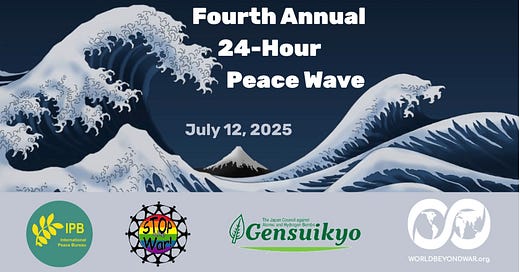They say a few dolphins have shown regard for drowning sailors, nudging them toward shore. Penguins mourn the loss of their mates, and apes linger in somber silence at the passing of their kin. Such stories remind us that compassion is not unique to humanity, yet, when the breadth and depth of human care is weighed, it becomes undeniable: we stand apart in how fantastically we love, nurture, and care for one another. Eros, amitas, mercy, generosity—what other species has spun so many facets of love into the tapestry of existence? Our passion for justice is just one manifestation. We house the homeless, feed the hungry, heal the sick, and clothe the destitute with a degree of responsibility and tenderness to which no other earthly creature comes even close.
But another profound tendency marches from prehistory right alongside the parade of our caring: war. For we, who so deeply and creatively care for one another, also kill, maim, and starve each other with precision and inventiveness unmatched in the animal kingdom, turning our ingenuity into instruments of destruction rather than tools for collective good. The very same hands that cradle a newborn in tenderness make weapons of war capable of that infant’s and our global destruction. And we do both of these things on purpose. Who are we?
I suggest these two powerful currents of human life are connected: they both come because we’re so important to each other, and because we’re jolly confused. We’re like teen-agers with love-hate relationships with our parents, like the approach-avoidance we see in other species, but raised to the nth power. It springs right out of our biology. Ask yourself, what good would mammary glands be on a snake? The creature’s gotta care.
In the course of evolution, this intensity of caring is probably necessary for us to attend to and nurture our defenseless babies when we’ve still got our own lives to worry about. This intensity is a two-edged thing because the other side of care is worry: What will happen IF…and this leads right to warily regarding outsiders, and the us-them cliché that might be foundational in any serious conflict.
We can astutely analyze the politics, the structure of power and the hidden nature of humankind, but we know what we want, even if we don’t know how to get there. But brave, intelligent and persistent researchers, mostly women, have shown us a way:
““If 3.5% of a population is willing to display their commitment to an idea or regime change, it has an overwhelming chance of success.”
The research seems sound, and there’s no time in history like the present. A good deal more than 3.5% of the world wants peace now. More than 1500 organizations are working for it. All we need to do is act, non-violently but assertively and together. Try this for starters:
But also look inward. We really are capable of transcending our paradoxical natures. In our hands (and feet) lies the power to define the future not by conflict, but by cooperation and connection. Joining the wave is a first chance. The stakes are high, the risk is low. But maybe it’s better to wait for just a few more wars to be sure we’re right about this.





